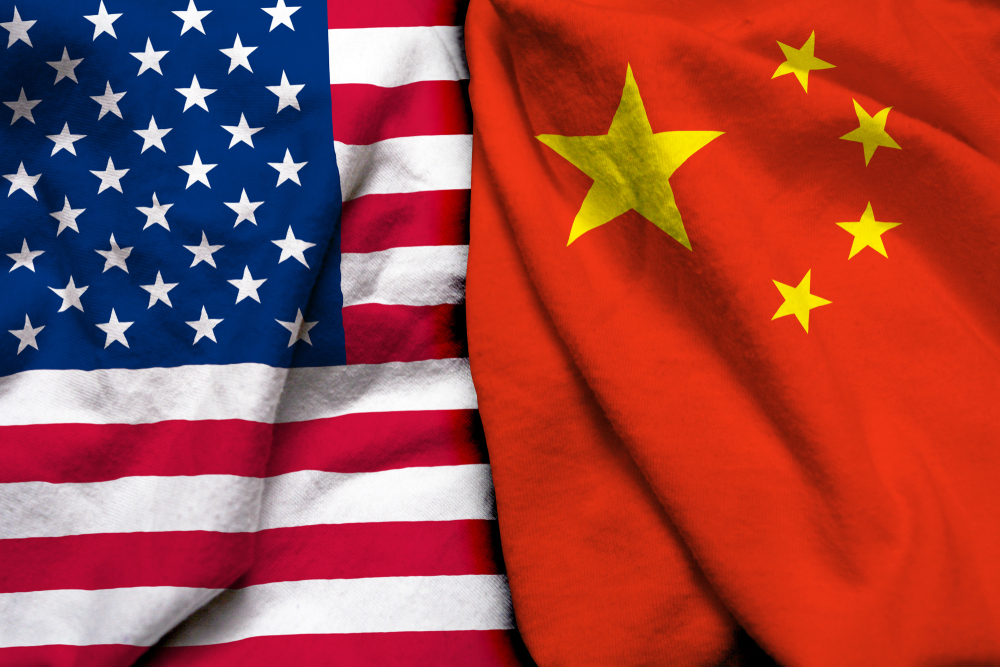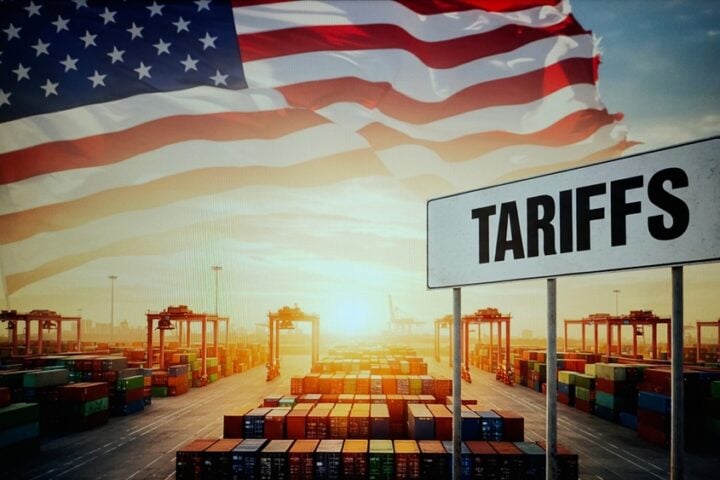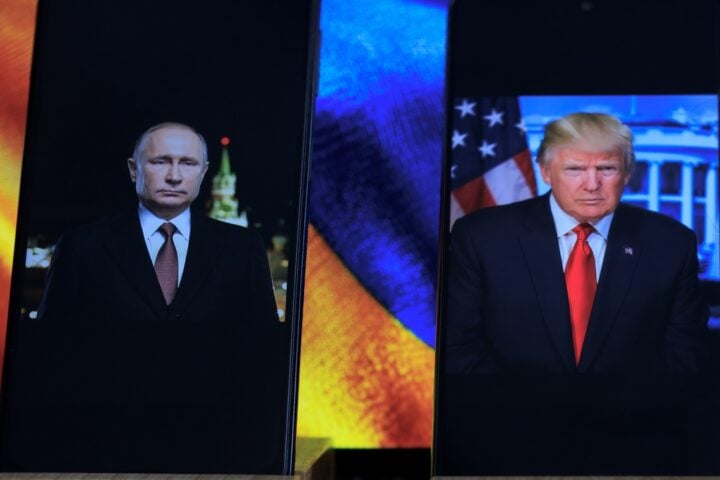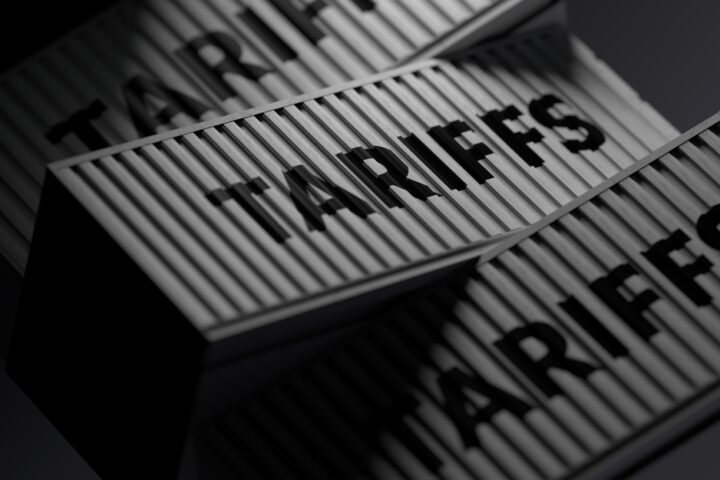Chinese President Xi Jinping congratulated Donald Trump on his return to the U.S. presidency, urging both countries to find the “right way to get along” as the specter of renewed tariffs looms over their fragile economic relationship. Xi’s message emphasized that stable and sustainable U.S.-China relations are crucial for both nations and the wider international community.
“Stable, sound, and sustainable China-U.S. relations serve the interests of both,” Xi said on Thursday, adding that global expectations hinge on the two powers respecting each other and coexisting peacefully. He also highlighted the need for enhanced dialogue to effectively manage bilateral differences.
Trade Relations in the Balance
The U.S.-China relationship has seen significant strain over the past few years, primarily due to disputes over trade, security, Taiwan, and the South China Sea. These tensions eased slightly after Xi’s lengthy meeting with President Joe Biden in California in November 2023. However, Trump’s win in Tuesday’s election raises the possibility of a return to his previous hardline policies, including steep tariffs.
During his first presidency, Trump initiated a trade war with China in 2018, which culminated in a fragile truce reached in January 2020, just before the onset of the COVID-19 pandemic. Now, his election promises to impose new tariffs threaten to reignite those hostilities.
Commerce Ministry’s Cautious Optimism
China’s commerce ministry echoed Xi’s call for stability, expressing readiness to pursue healthy economic and trade cooperation with the U.S. “China is willing to expand cooperation to benefit both countries,” a spokesperson said, without delving into potential retaliatory measures.
This measured response contrasts with the more hopeful tone following Trump’s first election victory in 2016, when Xi called for progress on a new footing, stressing shared responsibilities in promoting global peace and prosperity.
A “New Beginning” or Renewed Tensions?
An editorial in the state-run China Daily on Wednesday noted that Trump’s return could mark a “new beginning in China-U.S. relations,” provided the opportunity is not squandered. It emphasized the importance of a pragmatic approach to managing the complex dynamics between the two superpowers.
Despite optimism from some quarters, there is concern over the Biden administration’s legacy policies, which maintained many of Trump’s tariffs and continued to challenge China’s state-driven industrial practices. As recently as September, the U.S. solidified steep tariff hikes on Chinese imports, including duties of up to 100% on electric vehicles, 50% on solar cells, and 25% on steel, aluminum, and other strategic goods.
Xi’s cautious overture to Trump reflects an understanding that while bilateral cooperation is necessary, navigating potential challenges will require careful diplomacy and strategic engagement.







